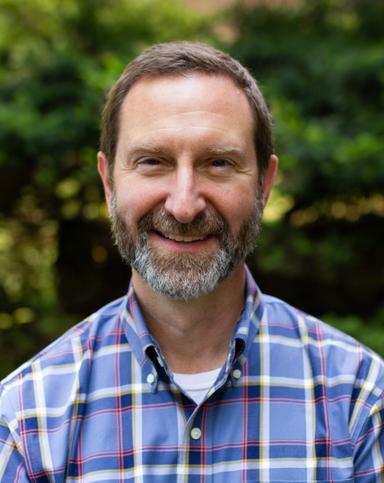Part 5 of a 7 part series: Part 1 | Part 2 | Part 3 | Part 4 | Part 6 | Part 7
Counseling and Physiology Class: Post 5 (Psychiatry)
This past Monday we started our exploration of psychiatry and psychiatric diagnoses. I asked the class what particular questions and concerns they brought to the table when considering this topic. Here are a few of their responses:
- What role do genetics play in the onset/development of psychiatric issues?
- What role, if any, should we grant to evil spirits/the demonic in the approach to mental illness?
- What relative weight should we give to relational and situational factors in both the onset and treatment of disordered mood and cognition?
- How do society and culture influence our conceptions of mental illness?
- How reliable are psychiatric diagnoses?
- When is it appropriate to discuss psychiatric diagnostic categories with our counselees? Is it helpful or harmful?
- What help does the gospel give in the most severe cases, for example, psychosis?
I added my own list of concerns and questions that I believe are important to wrestle with when approaching this complex topic:
- What actually constitutes mental health vs. mental illness? Who decides on the categories? (The suffering person? Their family? The medical establishment? Counselors? Society at large? Scripture?)
- What diagnostic criteria are used and how did they come into existence?
- What should we make of the fact that there has been a 300% increase in the number of diagnoses in the last 40 years?
- What role does technology (e.g. psychopharmacology, neuroscience) play in the definition what is “normal” vs. “abnormal?”
No matter what your own questions and presuppositions are, we do live in a culture (at least here in the U.S.) where more and more problems of living—fear and anxiety, shyness, gambling, even episodes of extreme anger—are viewed as psychiatric problems which may be amenable to pharmacologic therapy.
How should we as biblical counselors view these trends? One thing is certain—it will not help the cause of the gospel to either uncritically embrace such approaches, nor will it help to lob “truth mortars” from entrenched defensive positions. We must engage and interact with dominant worldview(s) regarding the origins, classification, and treatment of problems with mood and thinking. And we must do so in a thoughtful and winsome way, confident that the riches of the gospel really do speak into the most complex issues of life.
How about you? What is your experience with psychiatry and psychiatric diagnoses? What concerns, observations, and questions do you bring to the table?
Part five of a seven part series: Part 1 | Part 2 | Part 3 | Part 4 | Part 6 | Part 7



